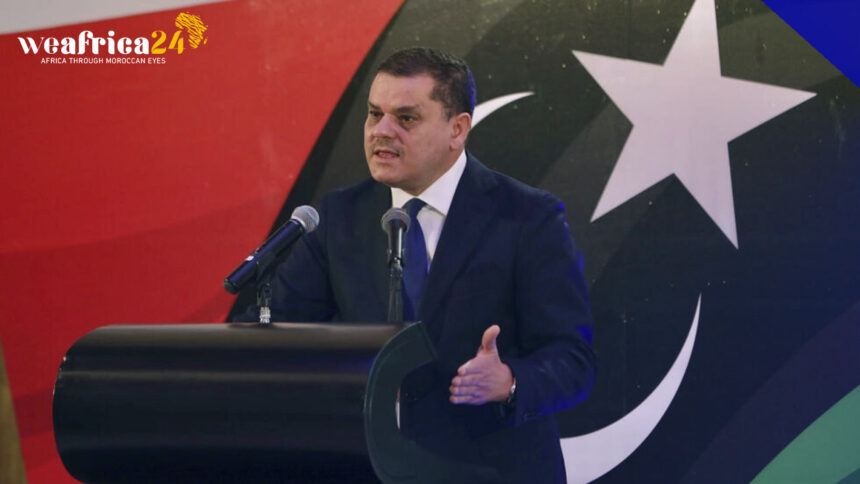In a significant development on Sunday, August 20th, the Central Bank of Libya, which had been divided into two branches since 2014, officially announced its reunification. The Governor and Deputy Governor jointly issued a statement, underscoring their commitment to resolving the repercussions stemming from the split of this pivotal institution crucial to the Libyan economy.
This unification process, initiated two years ago, has finally come to fruition. The division existed between the eastern and western regions of the country. The historical headquarters of the Libyan Central Bank (CBL) resided in Tripoli, the internationally recognized institution. In contrast, a bank branch was established in Benghazi, an area under the influence of the formidable General Haftar.
Central Role
The significance of the CBL cannot be overstated; it holds the key responsibility for safeguarding the nation’s substantial revenues derived from its petroleum exports. Persistent tensions surrounding the equitable distribution of these funds had long thwarted efforts toward reunification. As per the shared communiqué, the governor of the erstwhile rival branch in the east assumes the position of deputy governor within the newly unified CBL.
Recent Discord
Following years of internal divisions that had dire implications for the banking system and monetary policies, Prime Minister Abdelhamid Dbeibah views this development as a pivotal stride towards enhancing the bank’s performance. Nonetheless, it is essential to note that this reunification does not overshadow recent disagreements. In late June 2023, Oussama Hamad, the leader of the parallel government established in the East, issued a threat to impede hydrocarbon exports, citing a demand for control over Western-managed oil revenues.
This reunification marks a crucial step in the direction of economic stabilization but also underscores the complexity of reconciling regional and economic interests in the post-conflict Libyan landscape. As the nation endeavors to consolidate its institutions and foster unity, challenges persist, reminding us of the intricate process of rebuilding a nation torn by division. The successful unification of the Central Bank stands as both a testament to diplomatic persistence and a reminder of the ongoing work required to foster harmony and prosperity on Libyan soil.







